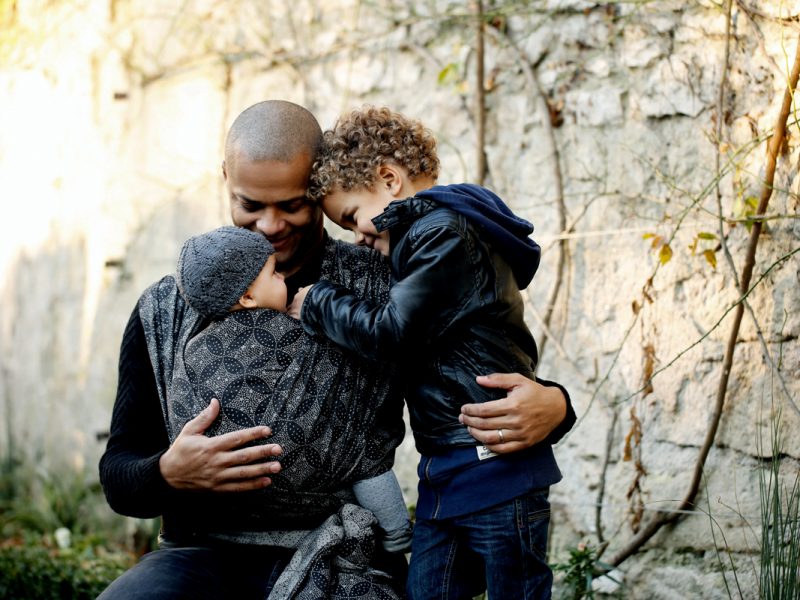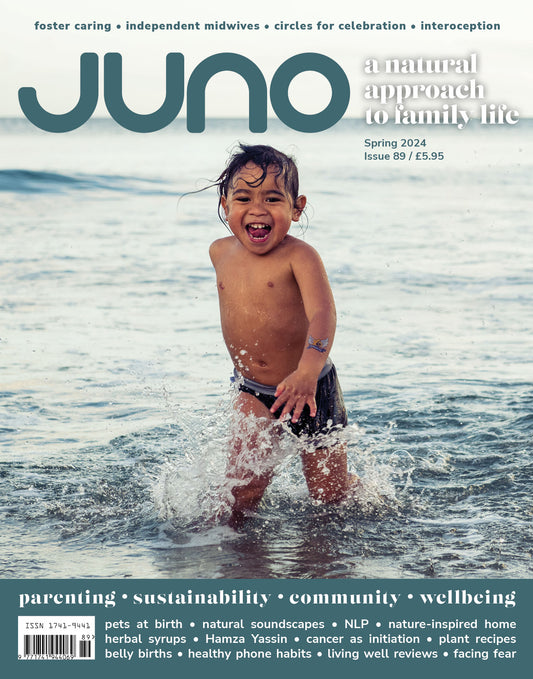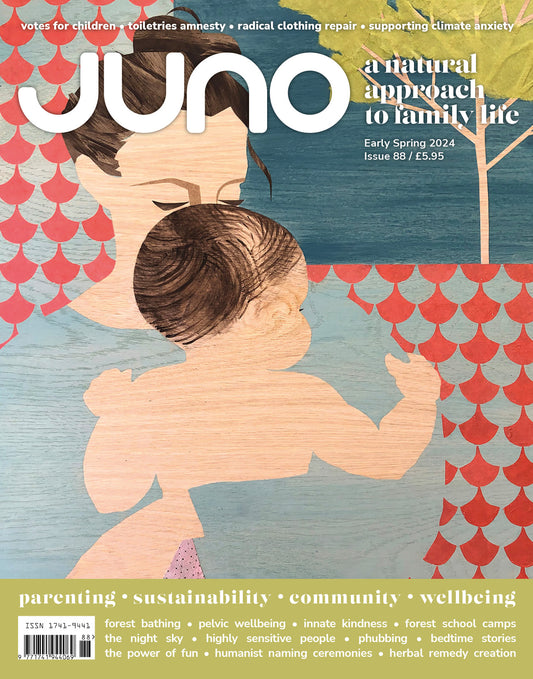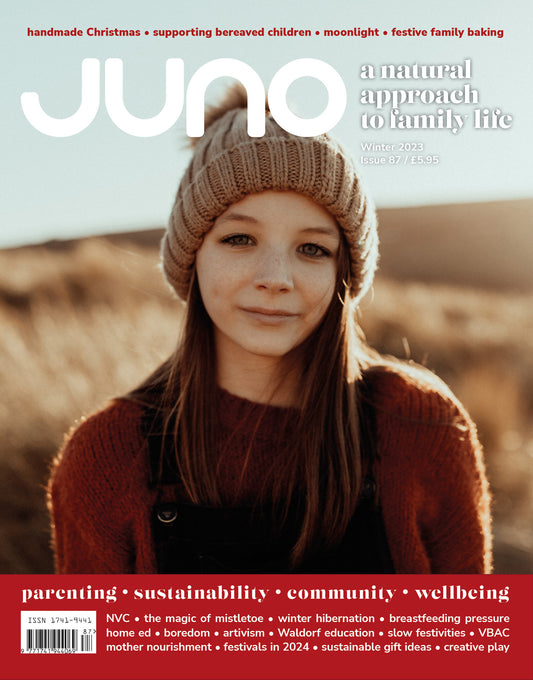
Late Summer 2024

Half price back issues
A natural approach to family life
JUNO is a print and digital bi-monthly magazine which inspires and supports parents as they journey through the challenges of parenting. We have an ethos based on conscious parenting, sustainability, social justice, non-violence and a commitment to personal growth and spiritual awareness.
Parenting support
View all-
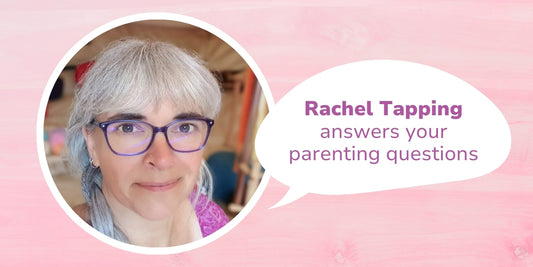
Q: How can I communicate my wishes about caring...
A: If there was only one way to be a parent, it would be easy. You could hand over responsibility to chosen caregivers with a few simple instructions and get on with your day. If you’re fortunate, those who spend significant time with your children will have a similar approach to you or will have taken the time to ask you how you want them to care for your child. If this is the case, it’s likely that there won’t be too many occasions when you’ll feel challenged. But what do you do when another caregiver’s approach clashes with yours and leaves you feeling desperate, angry and disrespected? So, you’re doing your thing – feeling your way and learning every day from this new human being. You find out what works – and what doesn’t – and gradually your own unique parenting style evolves. It’s intense, exhausting, exhilarating and life-changing,...
Q: How can I communicate my wishes about caring for my child to significant others without conflict?
A: If there was only one way to be a parent, it would be easy. You could hand over responsibility to chosen caregivers with a few simple instructions and get...
-

How NLP techniques can support in motherhood
Motherhood can be a rollercoaster journey, full of glimmers, magical memories, tough days, long nights and moments of doubt. Being a mum is twofold: supporting your child to grow and be healthy and happy, and also nourishing yourself to grow too. In becoming a mother, you can learn so much about yourself, though this can be met with uncertainty, limiting beliefs and negative internal chatter, especially of ‘not being a good enough mum’ or feeling guilty for needing (and wanting) your own space. Neuro-linguistic programming (NLP) can support mums to move beyond this. It is a tool that can help to build self-awareness. As an approach, NLP seeks to understand and improve human communication and behaviour. It was developed in the 1970s by Richard Bandler and John Grinder, who believed that by modelling the language and behaviour of successful people, they could create techniques to help others achieve similar success....
How NLP techniques can support in motherhood
Motherhood can be a rollercoaster journey, full of glimmers, magical memories, tough days, long nights and moments of doubt. Being a mum is twofold: supporting your child to grow and...
-
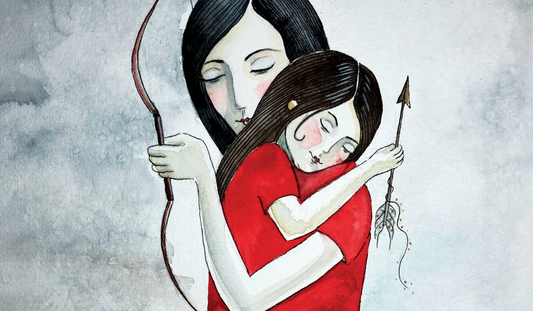
A birth mother and a non-birth mother, Alice El...
On Children by Kahlil Gibran Your children are not your children.They are the sons and daughters of Life’s longing for itself.They come through you but not from you,And though they are with you yet they belong not to you. You may give them your love but not your thoughts,For they have their own thoughts.You may house their bodies but not their souls,For their souls dwell in the house of tomorrow, which you cannot visit, not even in your dreams.You may strive to be like them, but seek not to make them like you.For life goes not backward nor tarries with yesterday. You are the bows from which your children as living arrows are sent forth.The archer sees the mark upon the path of the infinite, and He bends you withHis might that His arrows may go swift and far.Let your bending in the archer’s hand be for gladness;For even as...
A birth mother and a non-birth mother, Alice Ellerby considers her parental role
On Children by Kahlil Gibran Your children are not your children.They are the sons and daughters of Life’s longing for itself.They come through you but not from you,And though they...
Family Time
View all-
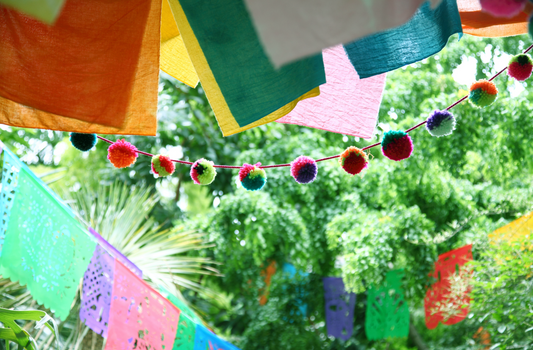
How to have a plastic-free party that doesn't c...
Following a recent run of family celebrations, two things struck me. One was how toxic the balloons tasted when I was blowing them up, and the other was how much plastic rubbish there was after each of the parties. This got me thinking about what alternatives I could use to the usual plastic paraphernalia that surrounds parties, without becoming a plastic-obsessed party pooper. Anyone with children knows the drill following a party. They come home high on sugar, clutching a plastic party bag full of plastic-wrapped sweets and a variety of plastic tat that gets discarded as soon as the sweets have been consumed. I have been a part of this trend and have sent more than my fair share of children home with such things before spending an hour scooping up all of the party rubbish into several black bin bags and heading home grateful to have survived. However,...
How to have a plastic-free party that doesn't cost the earth
Following a recent run of family celebrations, two things struck me. One was how toxic the balloons tasted when I was blowing them up, and the other was how much...
-
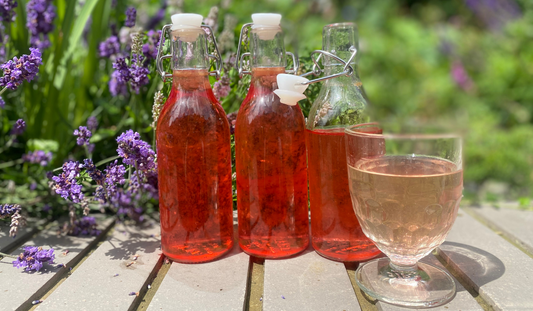
Make your own elderflower cordial
Elderflower is a forager’s favourite pick between May and June. The trees are found throughout the UK in woods, along roadsides and among hedgerows. The heads are ripe for the picking when there are lots of tiny white flowers, which have a sweet, summery scent. The flowers are edible once cooked, but mildly toxic if eaten raw. Pick the flower heads on a dry, warm and sunny day, and give them a good shake to remove any bugs or beasties. To bottle both the taste and smell of summer, you will need a good basketful of the flower heads. This is the number one ingredient to make cordial and many other sweet treats. Lolly’s N19 Elderflower Cordial My niece Lolly is a creative genius in the kitchen. From a young age she has been making and creating and the results are delicious. Her garden in north London is a special...
Make your own elderflower cordial
Elderflower is a forager’s favourite pick between May and June. The trees are found throughout the UK in woods, along roadsides and among hedgerows. The heads are ripe for the...
-
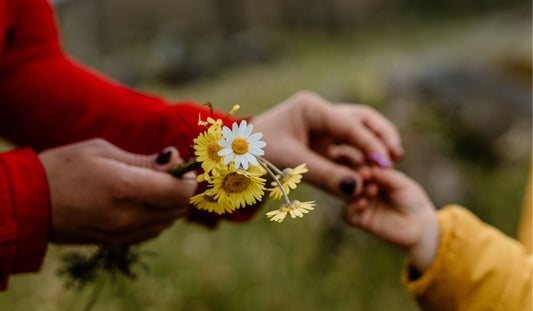
Ways of practising mindful awareness with children
The benefits of mindfulness for adults are well publicised and include reduced stress, improved immunity and better pain management. There is also now a growing body of evidence suggesting that mindfulness can also be beneficial for children, with studies showing that it can help them to regulate their emotions and improve their concentration and sleep. A really important part of mindfulness is learning how to appreciate what is going on in the present moment. Often we are preoccupied with thinking about the past or the future. Mindfulness teaches us to calm our minds so that we can be fully present in each moment. When our minds and bodies are calm, we are able to be in touch with the many small miracles before us, such as the pleasure of feeling our feet on the earth, or a small hand in our own. Children have a natural ability to live in...
Ways of practising mindful awareness with children
The benefits of mindfulness for adults are well publicised and include reduced stress, improved immunity and better pain management. There is also now a growing body of evidence suggesting that...
Education
View all-
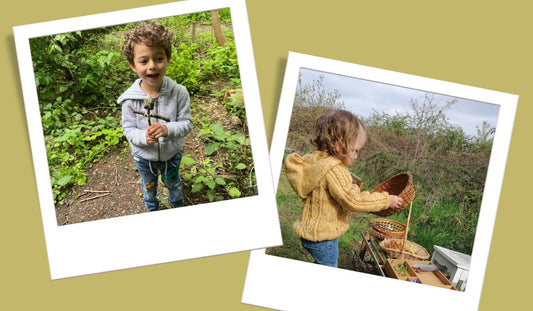
Everything you need to know about Forest School
The first Forest Schools originated in Scandinavia where outdoor living is regarded as an important part of their culture. It was introduced into the UK in 1993 when a group of early years teachers visited a school in Denmark and were so inspired by this outdoor, child-centred approach that they set up their very own school in Somerset. My own personal journey into Forest School began in 2016 when my youngest daughter started primary school. I was keen to return to work in the education sector but didn’t want to return to fulltime teaching, deciding instead to set up a toddler group in my local woodland. My training began soon afterwards. I was immediately drawn to the ethos of Forest School and was delighted to see how well children responded to being outdoors in the woods with a range of resources and activities to choose from. As an ex-teacher it...
Everything you need to know about Forest School
The first Forest Schools originated in Scandinavia where outdoor living is regarded as an important part of their culture. It was introduced into the UK in 1993 when a group...
-
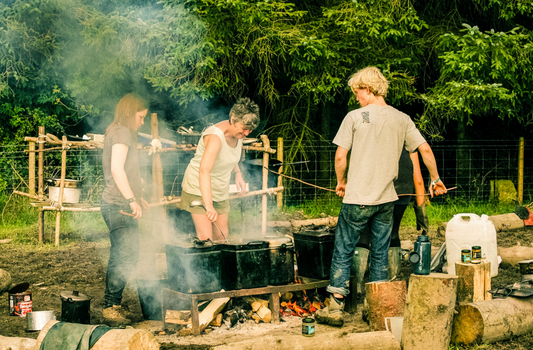
The magic of Forest School Camps
"Forest School!” calls the leader. “Caaaamps!” chime in 119 other voices. We’re in a field. Cold, wet, muddy. It’s the middle of a Welsh summer. And there’s a hurricane coming. We’re getting ready to batten down the hatches. To make sure that everything is shipshape, pegged down and ready for the coming storm. And we go at it with a will. I see a determined 4-year-old dragging a heavy spade, helping a group of camp elders to dig a new fire pit. There are 6-year-olds holding down flapping canvas, hair and voices whipped wild by the rising wind. Groups of enthusiastic teenagers sing rousing sea shanties as they stack up wood for the fire – a human chain of grinning children pulling together for the benefit of the community. And as I look around me, I’m filled with such wonder and gratitude for this: the pulling together of individuals for...
The magic of Forest School Camps
"Forest School!” calls the leader. “Caaaamps!” chime in 119 other voices. We’re in a field. Cold, wet, muddy. It’s the middle of a Welsh summer. And there’s a hurricane coming....
-
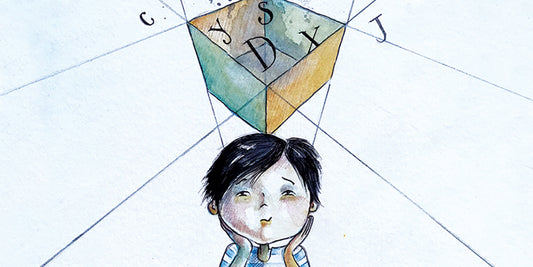
Naturally Talented: reframing dyslexia as an ad...
What if we could remove the stigma associated with a diagnosis of dyslexia? What if we could get people to see it as a potential advantage, rather than a setback? What if, in the process, we could vastly improve our children’s experience of their dyslexia? A diagnosis of dyslexia is too often a cause of great concern and worry for both parent and child. Why? Because it is seen as a ‘difficulty’; a ‘disadvantage’ or a ‘disability’. Even the word ‘dyslexia’ translates as ‘a difficulty with language’! It stems from the combination of two Greek words: ‘dis’ meaning ‘lack’, and ‘lexi’ meaning ‘word’. So, dyslexia means ‘to lack words’. Hardly surprising then that in a society which relies heavily on written communication, ‘lacking words’ has been seen as a definite drawback. Historically there has been very little support for those with dyslexia. It has often been misunderstood, overlooked or misdiagnosed. No...
Naturally Talented: reframing dyslexia as an advantage
What if we could remove the stigma associated with a diagnosis of dyslexia? What if we could get people to see it as a potential advantage, rather than a setback?...
Explore more articles
Complete your collection
-
Issue 90 - Summer 2024
Regular price £5.95 GBPRegular priceUnit price / per -
Issue 89 - Spring 2024
Regular price £2.97 GBPRegular priceUnit price / per£5.95 GBPSale price £2.97 GBPSale -
Issue 88 - Early Spring 2024
Regular price £2.97 GBPRegular priceUnit price / per£5.95 GBPSale price £2.97 GBPSale -
Issue 87 - Winter 2023
Regular price £2.97 GBPRegular priceUnit price / per£5.95 GBPSale price £2.97 GBPSale
A Chance to Win
View all-
Testimonials
"I love knowing I'm not the only one who parents this way." - Mayita
"Reaffirms and inspires our natural way of parenting and living. Absolutely love JUNO!" - Emma
-
Published with the seasons 🌱
Early Spring - 1 February
Spring - 1 April
Summer - 1 June
Late Summer - 1 August
Autumn - 1 October
Winter - 1 December
-
Outside the UK?
Why not try a digital subscription to JUNO? They include access to our fully searchable back issue catalogue, so you can read and research on the go!
Click here to find out more.










